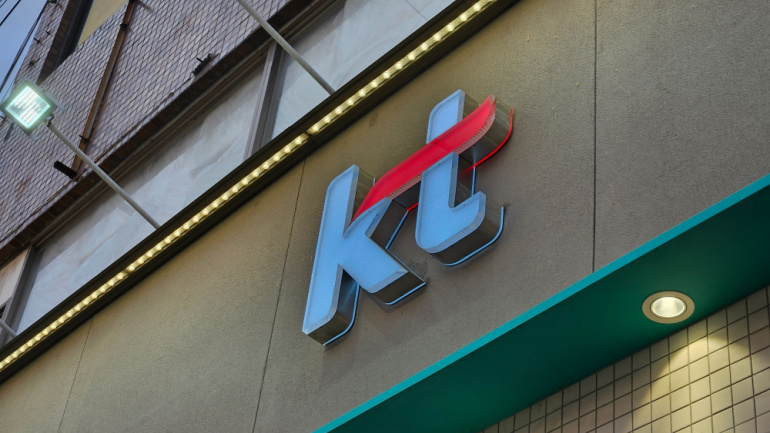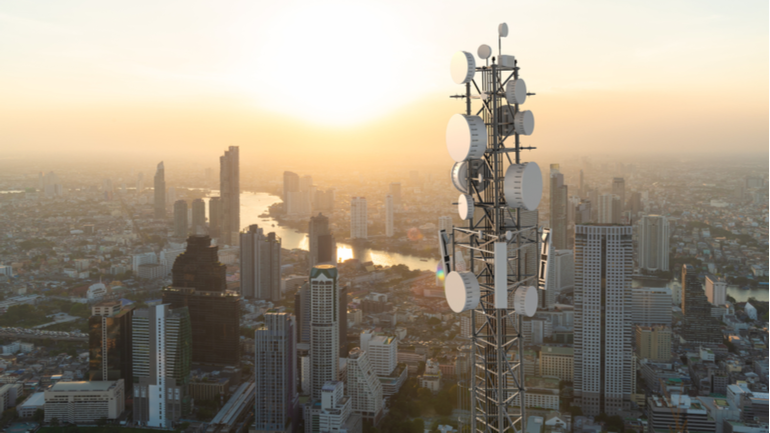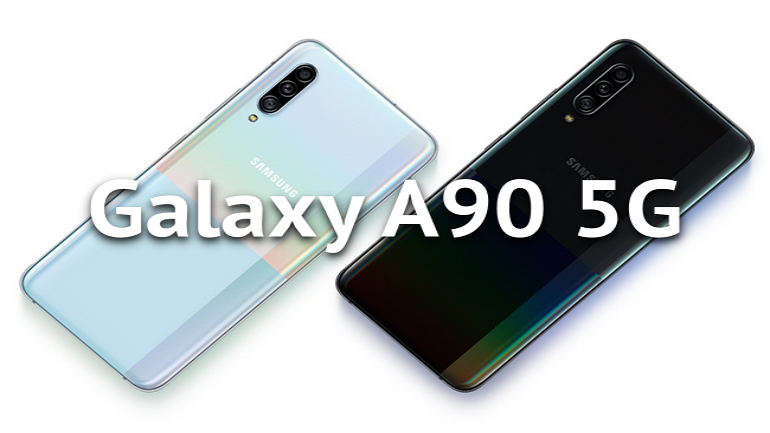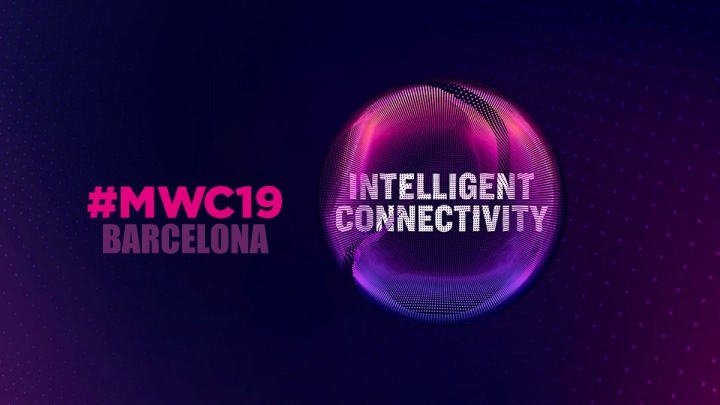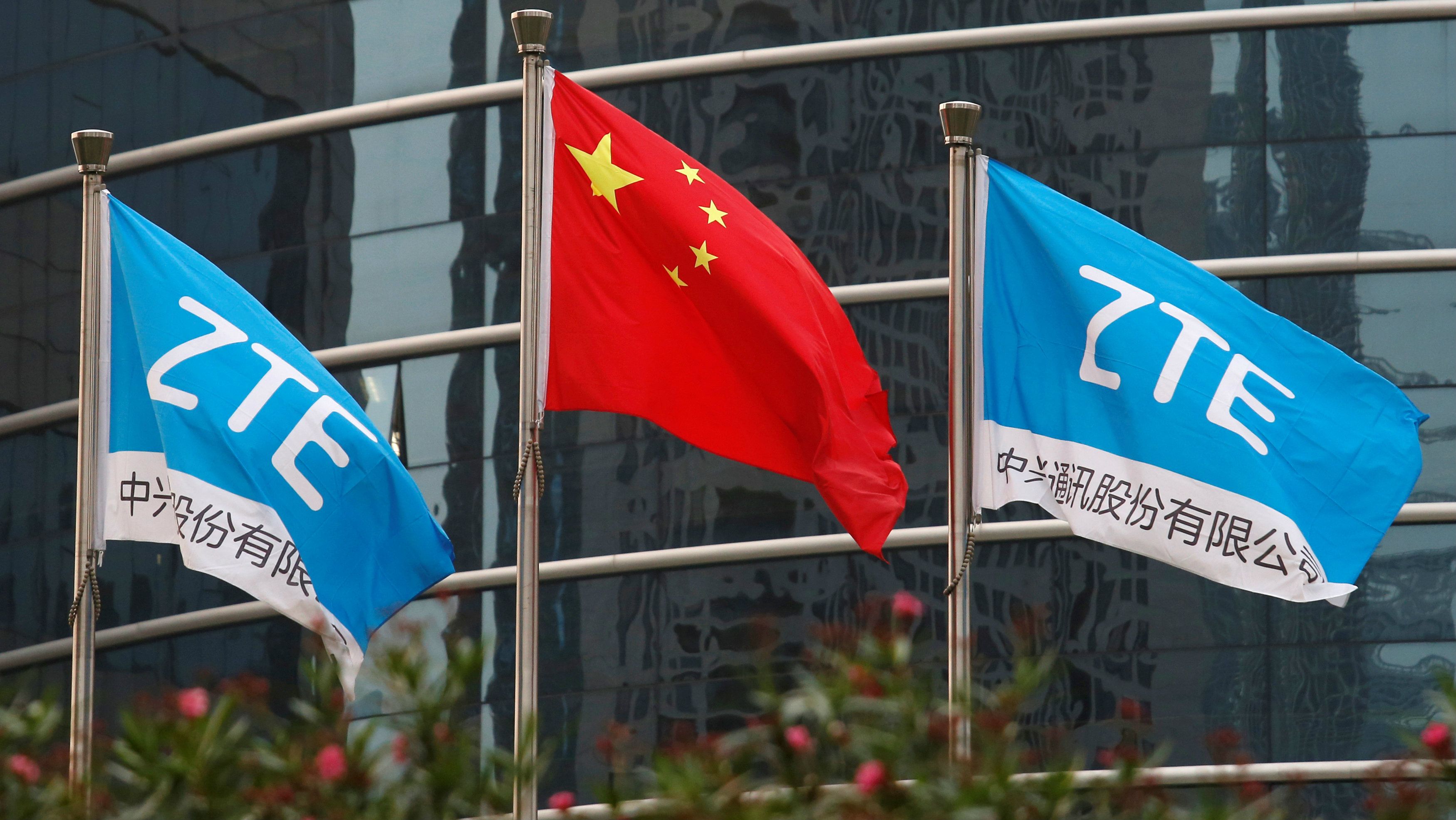KT Corp aims to generate $773.1 million by 2025 from AI-based services, investing $5.4 billion by 2027. Focusing on robotics, healthcare, and education, their AI improvements include AI contact centers, logistics services, customized care plans, and the AI Food Tag, emphasizing the company’s innovative approach.
The UK government has announced a £110 million investment in research and development for next-generation wireless technology and telecoms security, with a focus on 5G and 6G. This investment is intended to enhance the UK’s position as a global leader in telecoms research and development. As part of this investment, three top UK universities – the University of York, the University of Bristol, and the University of Surrey – will each receive £28 million to collaborate with major telecoms companies such as Nokia, Ericsson, and Samsung to develop and create future networks such as 6G. This follows Ericsson and Samsung’s recent announcement to establish 6G research labs in the UK. The investment will also aid in the deployment of ultrafast 5G by making it easier for new companies to enter the market. The universities will work with world-class UK academics and industry players to ensure that future network…
Pragma has announced enhancements to its iPECS Cloud 5.0 UCaaS platform, which will broaden the product offering for channel partners. The iPECS Cloud platform upgrade adds a number of new capabilities to iPECS ONE and iPECS, Analytics and iPECS Cloud. iPECS Cloud 5.0 includes enhancements to the iPECS ONE collaboration service as well as connectivity with Microsoft Productivity tools. Device integration for Android and iOS mobile users, as well as call recording and compliance tools have been added to iPECS ONE to improve the user experience and provide administrators and compliance teams with added confidence in controlling their voice interactions. Pragma claims that the most recent version satisfies their shared commitment to enhancing customer experience with Ericsson-LG. Pragma continues to provide UCaaS tools and features through its alliance with Ericsson-LG, assisting their fast-growing reseller channel in dominating the industry. IPECS Analytics is the offering’s focal point for…
Two Japanese telecommunications providers, SoftBank and KDDI, have drawn up a plan to invest a total of $38 billion in fifth-generation wireless networks in Japan over the next 10 years. The country is seeking to close the gap between itself and its neighbors, China and South Korea, who have taken the lead in rolling out this ultra-fast technology. The 5G technology is expected to provide a large-scale boost to the country’s economy, benefiting a variety of industries, from Internet services to the automotive industry. Currently, 5G coverage across Japan remains very limited, mainly focused on Tokyo and other major population centers. Both operators plan to invest $19 billion each. For Japan’s 5G network, SoftBank plans to build 350,00 base stations nationwide, of which 50,000 are expected to be completed by March of 2022, and 200,000 more by 2025. Meanwhile, KDDI, which currently has less than 10,000 base stations,…
The South Korean tech giant Samsung has announced that it has signed a contract to supply network equipment to Verizon in the US. Samsung and Verizon’s wireless telecommunications solutions contract is worth about $ 6.6 billion according to information released on Monday, ensuring a great triumph for the South Korean seller against established competitors. Samsung Networks will supply network equipment and solutions, including 5G, to their American partner for the next five years, until December 2025. This new contract with Verizon is the largest that Samsung has ever received in its history. Samsung’s network business was one of the first to offer 5G network equipment to South Korean telecommunications companies when they launched their 5G networks in 2019. “We are pleased to expand our long-standing partnership with Verizon to advance their next-generation network evolution. With this latest long-term strategic contract, we will continue to push the boundaries of…
Samsung Electronics has completed an agreement to acquire network services provider TeleWorld Solutions (TWS). Headquartered in Chantilly, Virginia, TWS provides network design, testing and optimization services to mobile service and cable operators, equipment OEMs and other companies in the United States. This acquisition is expected to help Samsung address the need for end-to-end support in delivering network solutions aimed at upgrading the 5G and 4G LTE networks, and providing connectivity service advancements in the US. Paul Kyungwhoon Cheun, Executive Vice President and Head of Networks Business at Samsung Electronics, said, “The acquisition of TWS will enable us to meet mobile carriers’ growing needs for improving their 4G and 5G networks, and eventually create new opportunities to enhance our service capabilities to our customers. Samsung will continue to drive innovation in communications technology, while providing optimization services for network deployments that accelerate US 5G network expansion.” Under the agreement,…
Samsung Electronics has officially revealed the first 5G smartphone in its mid-range Galaxy A series. The announcement comes just a few weeks after launching the company’s flagship Galaxy S10 5G and Galaxy Note 10 5G devices. The new Galaxy A90 with 5G connectivity offers near flagship-grade hardware and includes some impressive features like Samsung DeX support, “Desktop Experience” software for mirroring the phone’s screen and apps on a PC or TV, and Game Booster for enhanced gaming performance. DJ Koh, President and CEO of IT and Mobile Communications Division at Samsung Electronics, said, “We’re excited about the success of the Galaxy A Series – a generation of smartphones built for the new Era of Live that focuses on essential features people want the most, including a high-quality camera, long-lasting battery and immersive display. Samsung has worked tirelessly with our partners in the 5G ecosystem to bring 5G to as…
The Mobile World Congress – MWC Barcelona 2019 – is here. More than 100,000 mobile industry insiders, telecom specialists, professionals, analysts, reporters, and admirers of the most advanced devices have gathered to explore the wonders of the latest technology. Tech giants such as Samsung, Huawei, Xiaomi, and Vivo unveiled their innovations just before the show, but here we list some notable smartphones that have been presented at MWC. LG V50 ThinQ South Korea’s LG Electronics has unveiled its first 5G smartphone with a dual screen, the V50 ThinQ. The two screens are independant, enabling users to watch videos on one screen and browse the Internet on the other. Qualcomm’s cutting-edge Snapdragon 855 chipset together with a X50 5G modem will power the V50 model to support high-resolution games and data-rich applications without latency. The phone, with a 6.4-inch OLED full vision display, is equipped with a 4,000 mAh battery and…
Grand X, a subsidiary of the leading South Korean mobile operator Kakao, has unveiled the test version of their blockchain platform called Klaytn. At the moment, the testnet version of this service-centered blockchain platform has only been offered to 10 partners of Kakako, along with a publicly available whitepaper to outline the network potential and capabilities. If all goes well, the mainnet version of the network is expected to be launched in the first quarter of 2019. According to the information in Klaytn’s whitepaper, this network focuses on a seamless user experience for all parties, including developers and end users. “The popularization of blockchain requires providing a practical blockchain service for mass adoption thereby validating the value and utility of blockchain technology. To achieve this, Ground X has designed Klaytn that can provide an easy and friendly environment for end users, service providers and developers all at…
After President Trump asked the U.S. Commerce Department to find an agreement to save ZTE Corp., an agreement has been found. It all started when an investigation found out that ZTE was doing business with Iran and North Korea by sending U.S. products. Despite the opposition of several members of congress, mostly Democrats, but also many Republicans, that are accusing Trump of bending under Chinese pressure, ZTE will be able to trade with American companies. ZTE was banned from doing any business with the U.S. since April 15th and has lost $3 billion. ZTE will have to pay a $1.3 billion fine to the U.S. in addition to a $900 million fine they already paid last year. Part of the deal, aside from the fine, includes a change in management and will have to get parts from U.S. suppliers. The situation between ZTE and the U.S. Administration created some tensions…



